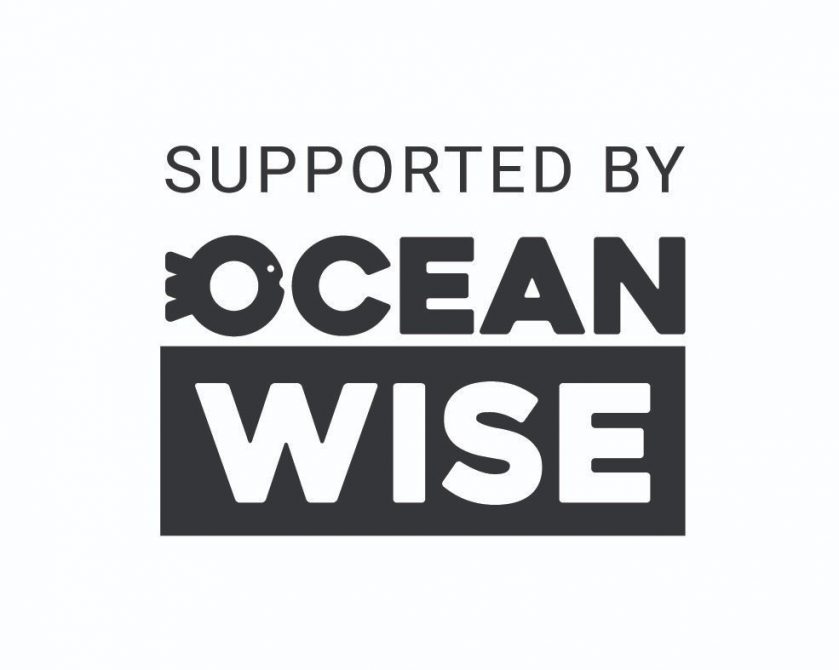Ocean pH Monitoring Device

Project Details
The project introduces an innovative device for monitoring ocean pH levels, aiming to combat ocean acidification and its detrimental effects on marine ecosystems. It seeks to empower scientific research and public awareness through advanced technology and data dissemination, fostering global action towards ocean conservation.
Project Description
Addressing the escalating concern of ocean acidification, a pivotal project has been launched to create an innovative device dedicated to the precise monitoring of oceanic pH levels. This initiative is vital for understanding the extensive impacts of increased atmospheric CO2 on marine environments, particularly the corrosive effects on coral reefs that form the backbone of marine biodiversity. By providing accurate, real-time data on pH fluctuations, the project aims to equip scientists, policymakers, and conservationists with the information needed to devise effective strategies for mitigating the adverse effects of climate change on the ocean’s delicate ecosystems.
The project transcends mere technological advancement, embodying a comprehensive approach to environmental stewardship. By engaging a wide audience ranging from the scientific community to the general public, it aims to heighten awareness about the critical state of our oceans due to acidification. The initiative plans to facilitate extensive data collection and analysis endeavors, allowing for a deeper understanding of the ocean’s health and fostering informed decisions on conservation strategies. Educational outreach and public engagement are central to the project’s mission, striving to ignite a collective resolve towards preserving marine biodiversity for future generations.
Furthermore, the initiative is designed to act as a catalyst for global awareness and action against the backdrop of climate change. Through innovative technology and strategic dissemination of findings, the project endeavors to spotlight the urgency of addressing ocean acidification. It underscores the importance of a multidisciplinary approach, combining scientific research, technology development, and community involvement to tackle one of the most pressing environmental challenges of our time. This project not only aims to advance our scientific knowledge but also to inspire a global movement towards the conservation of our oceans, ensuring their health and vitality for years to come.
This project has been created in commemoration of the lives of all the victims of Ethiopian Airlines Flight 302, including two Ocean Bridge ambassadors, Danielle Moore and Micah Messent. We aspire to carry on their legacy and commitment to making the world a better place by creating long-lasting impacts with a firm commitment to driving positive change for the environment and our ocean. We will never forget the light that Danielle and Micah brought to the world and will continue to keep them in our hearts. To learn more about these two amazing people, please visit: Honouring Danielle and Micah – Ocean Wise. This work is partially funded by the Commemoration Fund for Victims of Ethiopian Airlines Flight 302 Tragedy.
What was your biggest challenge?
One of the significant technical challenges encountered during the Ocean pH Monitoring Device project was ensuring the reliability and accuracy of the sensor readings in the underwater environment. Seawater’s corrosive nature posed a threat to the sensors, potentially affecting their performance and longevity. To address this challenge, extensive testing and calibration procedures were implemented to ensure that the sensors could withstand the harsh marine conditions and provide accurate pH measurements over an extended period. Additionally, designing a robust waterproof enclosure to protect the device components from water ingress and corrosion was crucial. Collaborating with experts in sensor technology and marine engineering helped us navigate these technical challenges effectively, resulting in the development of a durable and reliable monitoring device capable of withstanding the rigors of the marine environment while providing accurate data for research and conservation efforts.
What was your most valuable takeaway?
My most valuable takeaway from the Ocean pH Monitoring Device project is the profound impact that collaboration and innovation can have on environmental conservation. Through this initiative, I’ve learned the importance of interdisciplinary teamwork in addressing complex challenges like ocean acidification. Working alongside experts in various fields, I’ve witnessed firsthand how technology can be leveraged to gather crucial data and raise awareness about pressing environmental issues. This project has underscored the significance of proactive measures in safeguarding our planet’s ecosystems, reminding me of the power of collective action in creating positive change. It has instilled in me a deeper sense of responsibility towards environmental stewardship, motivating me to continue advocating for the preservation of our oceans for future generations.
